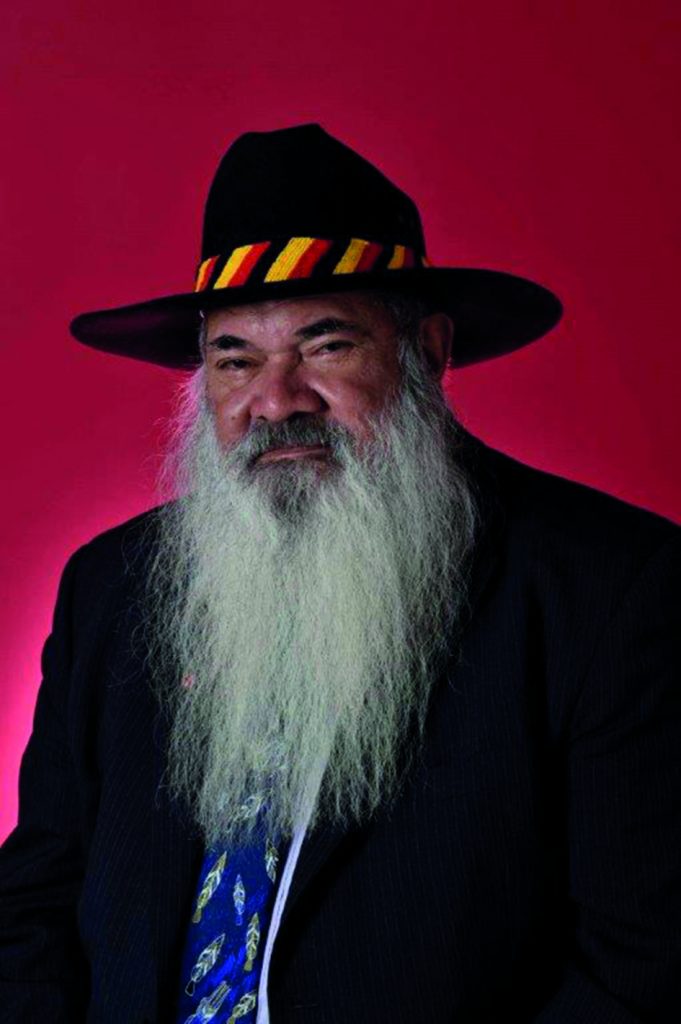
‘Aboriginal People in Australia have been the subject of dispossession, denied identity, removed from control of our own doctrines and responsibilities to our culture and societal ways by the imposition of the rules, ways and the might of those who came there in 1788 from Britain.’
Pat Dodson, Aboriginal leader and Director of the Kimberley Institute
In 2008, Australia ranked fourth in the world on the Human Development Index (HDI), with only Iceland, Canada and Norway ranking higher. Australia’s position near the top of the table has been the norm for the last decade or so; however, what this ranking disguises, is the growing problem of inequality. While the majority of Australians are better off today than they were back in the 1970s, this is not true for all Australians. Some communities in Australia are actually less well off. Aboriginals in Australia are an example of this. They are part of what is now becoming known as the ‘Fourth World’ or nations trapped within nations. In the case of Aboriginal Australians, evidence shows that there are still ongoing battles to obtain some of the most basic human rights, appropriate education, housing and health services, while struggling for self-determination and respect for their culture. This struggle is as a result of the underlying issues which began with colonisation and the first settlers from Britain in the late 18th century.
This Module, introduces Aboriginal Australian culture and issues and highlights some of the persistent problems faced by Indigenous communities around the world. There is an ongoing battle to preserve these rich cultures, while living with the demands of our modern world. Death, disease and dispossession have had far reaching effects on the Aboriginal people. The fact is, in Australia, Aboriginals are disproportionately disadvantaged when compared to the general population and this is as a result of past and present practices.
In this module we will look at the history of the Aboriginal people of Australia. We take a look at some statistics to illustrate the current situation for Aboriginal Australians. We explore the rich culture which has survived as the world’s oldest, by looking at the Dreamtime; Music and Dance; Language; Art; and Food, associated with Aboriginal Australian culture. Finally, we consider the current debates and issues which continue to dominate the relationship between Aboriginal Australia and ‘White’ Australia including; Indigenous rights, the ‘Stolen Generations’, Native Title, The Apology to the Aboriginal people and the debate around Compensation.
This module was developed by Maryrose Costello, who was an intern with 80:20 and is currently studying for her MA in Community Development at the National University of Ireland, Galway.
More on developmenteducation.ie
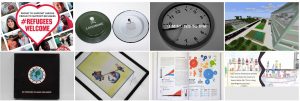
From Nicaragua to Ireland: Fairtrade Coffee and Global Solidarity
Fátima Ismael of Soppexcca, Cathal Murphy from Bewley’s and Fairtrade practitioner Kieran Durnien discuss 20 years of Fairtrade coffee solidarity linking Nicaragua and Ireland.
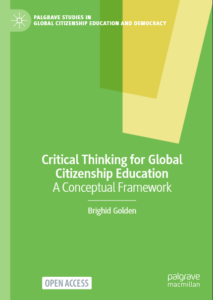
Critical Thinking for Global Citizenship Education
Join Brighid Golden for the launch of her latest book, ‘Critical Thinking for Global Citizenship Education: A Conceptual Framework’
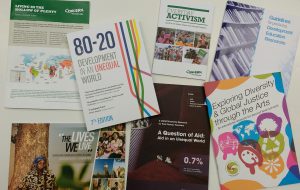
Your voice matters – 2026 user survey open
It’s January, its 2026, and we want to hear what you’d like us to feature or work on in 2026.
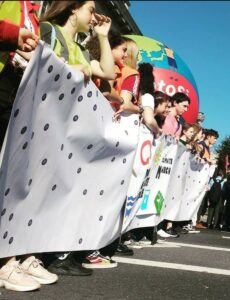
Calling Post Primary Teachers – Survey Participation Request
Your voice is vital in shaping the future of education for sustainable development in Ireland. Join a national survey for post primary teachers in October, led by DCU researcher Valerie Lewis
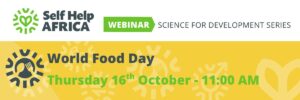
Webinar: Science for development on World Food Day
The webinar will feature YSTE projects, from Santa Sabina Dominican College (Dublin), Moate Community School (Westmeath) and CBS Thurles that focussed on nutrition and better food production, with Self Help Africa’s nutrition and gender specialist in Ethiopia, Sara Demissew.
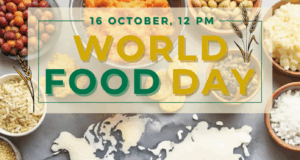
Student & teacher webinar: Food, hunger and SDG 2
Join the World Food Day webinar for post primary school students and teachers which will explore SDG 2: Zero Hunger.
